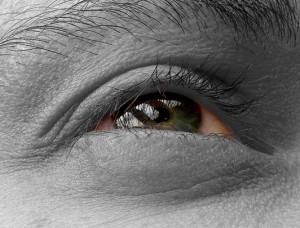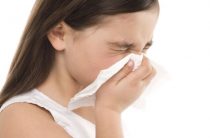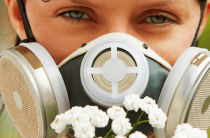An allergy is an acute response that the immune system develops in response to certain substances. The symptoms of the disease in this case have a function associated with the removal of these substances from the body. Adults suffer from this disorder less frequently than children, however, this type of disease is widespread among this population.
Varieties of allergy symptoms
Symptoms of allergies in adults can be divided into several groups: general and local. General symptoms affect the well-being of the whole organism, while local manifestations are found in certain organs (eyes, nose, mouth, skin, etc.)
Common symptoms in adults
- Weakness and decreased performance;
- An increase in body temperature;
- Pale skin;
- Disorders of the nervous system;
- confusion;
- Decreased blood pressure;
- Increased irritability, stress;
- Sleep disorders.
Local symptoms in adults
Most often, allergies in adults affect the functioning of the respiratory, vision, digestive system and skin. They can appear together or separately. The latter is much less common, mainly the appearance of certain groups of symptom complexes is observed.
| From the side of the skin |
|
| From the side of the eyes |
|
| From the respiratory system |
|
| Gastrointestinal symptoms |
|
Allergy to plant pollen
 Adults experience pollen allergy symptoms after exposure to the allergen's flowering plant. Basically, such contacts occur during the period of its pollination, when a high concentration of the allergen is constantly present in the air.
Adults experience pollen allergy symptoms after exposure to the allergen's flowering plant. Basically, such contacts occur during the period of its pollination, when a high concentration of the allergen is constantly present in the air.
Symptoms of the disease primarily consist in lesions of the respiratory system and eyes. Upon contact with the allergen, the patient begins to sneeze intensely, attacks of a runny nose, nasal congestion, and cough appear. In some cases, there is also an increase in the overall body temperature, weakness, irritability are observed, and sleep is disturbed.
allergy to dust
The symptoms of dust allergy in adults are similar to those of plant pollen allergy. These diseases are related to respiratory-allergic diseases, so they proceed in the same way. Attacks of the disease can occur in response to the ingress of dust of different composition. So, for example, the patient may be sensitive to the components of house dust, but the ingress of street dust can be tolerated painlessly.
Among adults, librarians are most often affected by this disease. Through dust, they are constantly in contact with microscopic mites that feed on a particle of paper. It is their ingestion that causes the symptoms of the disease in many people.
food allergy
Adults experience food allergy symptoms much less frequently than children. This is due to the fact that their gastrointestinal tract is more stable and well formed.
The first sign, in this case, most often is the development of negative symptoms in the oral cavity. Manifestations affecting the oral mucosa may be different: swelling of the gums and tongue; itching; irritation; sore throat. As food enters the gastrointestinal tract, various digestive disorders appear. And the last manifestations of food allergies are a variety of rashes (allergic rash). Their development can be either abrupt (after 2-5 hours) or delayed, which can occur even a week after the allergen enters with food.
drug allergy
Symptoms in the presence of allergic sensitivity in adults can develop both immediately after ingestion of the drug, and for a certain time. The time of manifestation of the disease significantly depends on the form in which it was applied. Medicines in the form of injections or applied to the mucous membranes are absorbed by the body faster, therefore, manifestations of allergic sensitivity to these substances also develop faster.
Drug sensitivity can manifest itself in different ways. It can be various skin rashes, nausea and vomiting, deterioration in general health. In some cases, there may be severe signs of an allergic reaction: anaphylactic shock and Quincke's edema.
Allergy to animal fur
An adult may experience symptoms of this disease under such circumstances: contact with an animal or its waste products; ingestion of animal hair; staying in the same room with an allergy-causing animal.
Recognizing the disease is not difficult. After a few minutes, the patient begins to sneeze, the eyes turn red, tears begin to flow from them, a cough may appear. In most cases, there is a runny nose and nasal congestion. In some cases, the temperature may rise.
Allergy in adults is a lifelong disease. When its symptoms appear, it is necessary to find out by contact with which substance they are caused. Subsequently, it is necessary to eliminate those factors that cause allergic reactions. This is the most reliable way to prevent the development of unwanted manifestations of the disease.















